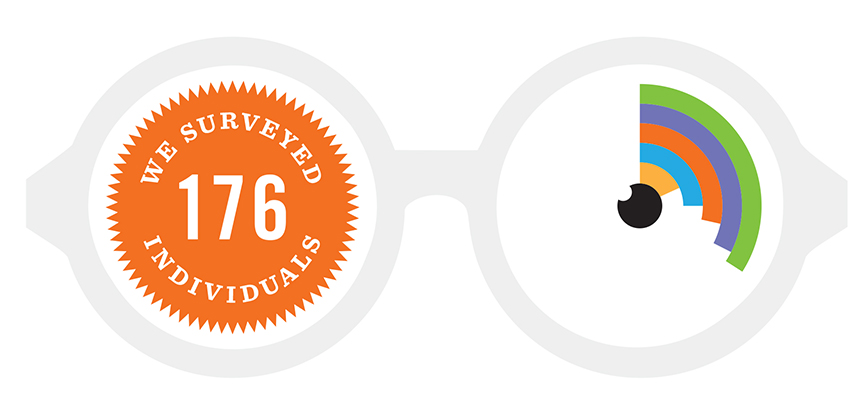


The 5 Percent: Can we change the health trajectory of rising-risk patients?
'It Was the Best of Times …It Was the Worst of Times in Health Care' Louise Aronson Challenges Doctors to A Revolution
Breaking the cycle: Academic medical centers need to build cultures that stop sexual harassment
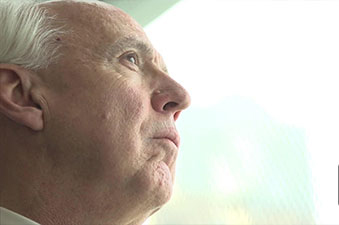
In a fractured country, academic medical centers are doing ‘social repair’

Looking for leaders after leadership went missing
The XX Factor

Fueling the Fire: Fostering Women in Science

Is the cost of health care a barrier between providers and their patients?

How can we help patients have a good death?
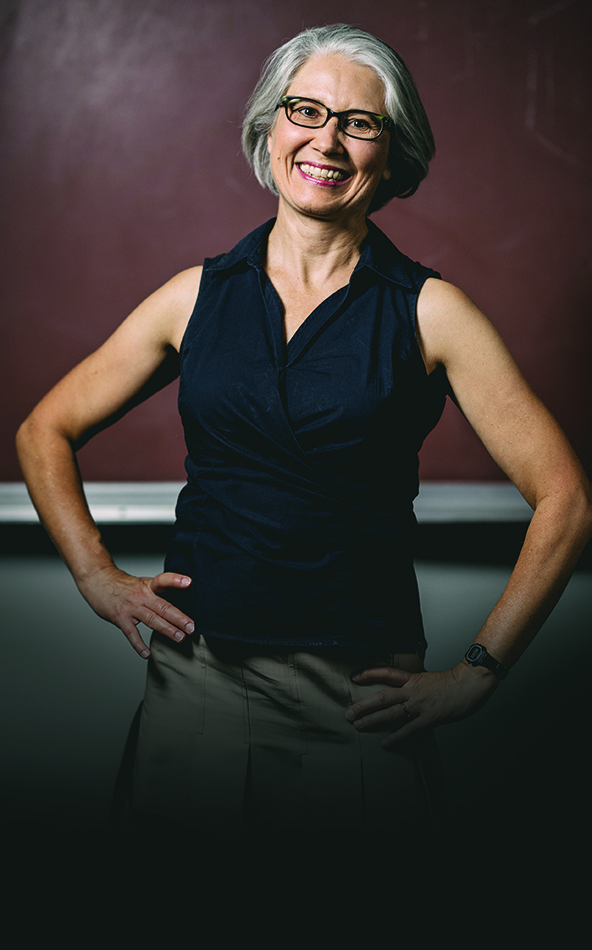
Should medical board exams be open book?
Are we destined to live in a world of “previvors” and “post-humans”?
The Doctor will Skype with you Now
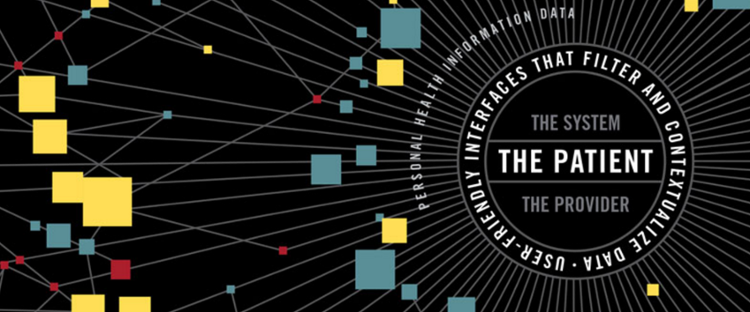
Were the Economists Wrong About Health Care?
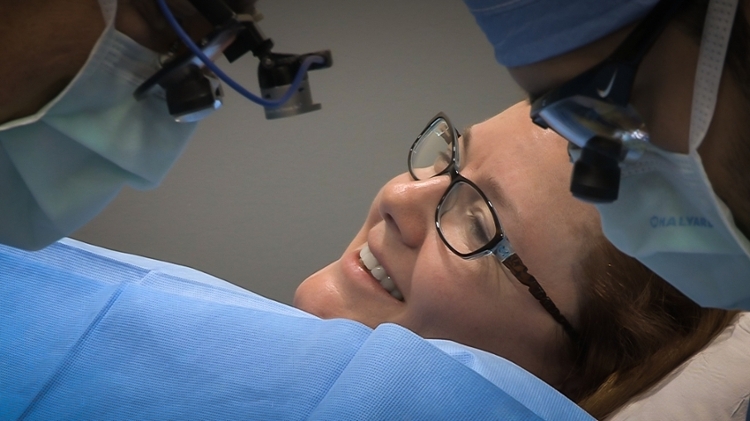
Innovation: Giving Patients 'What they Love Before they Know they Want it'
Doctor or Patient? Who Owns Medical Records?
Physician burnout on the rise
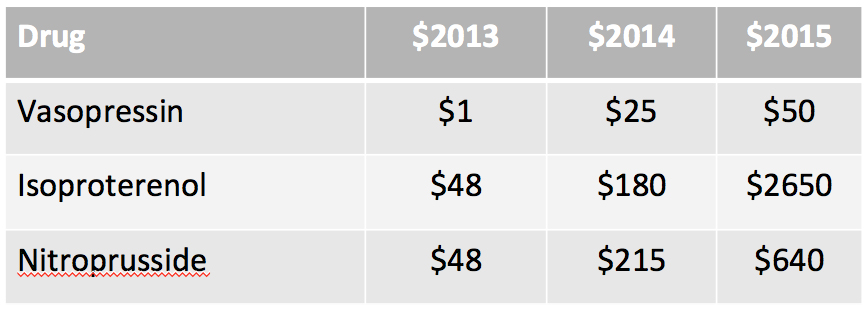
Hospitals Feeling the Pinch of High Drug Prices
